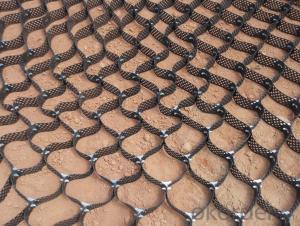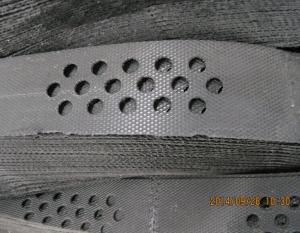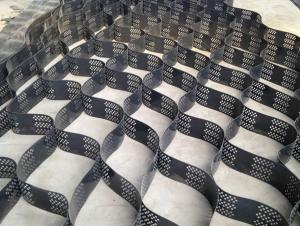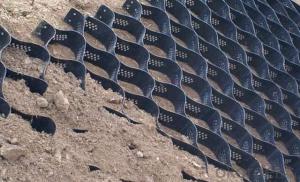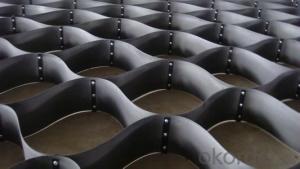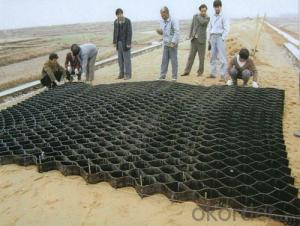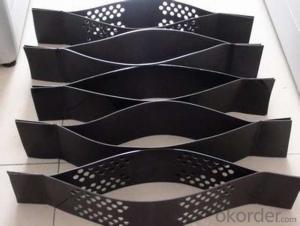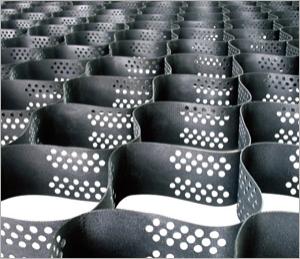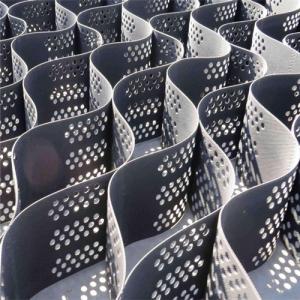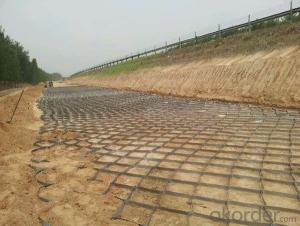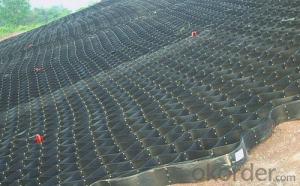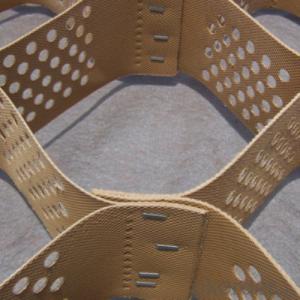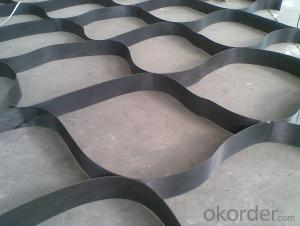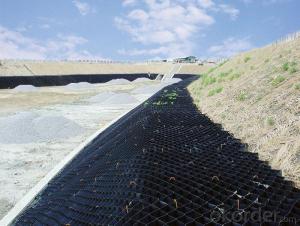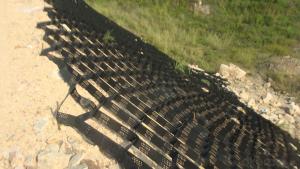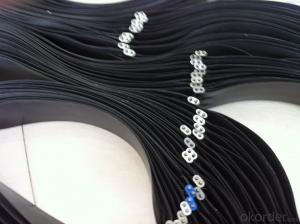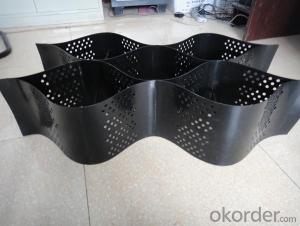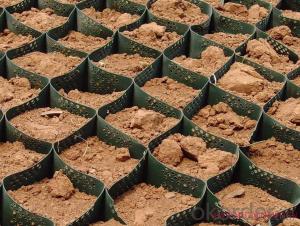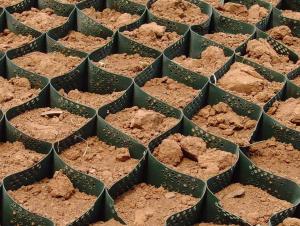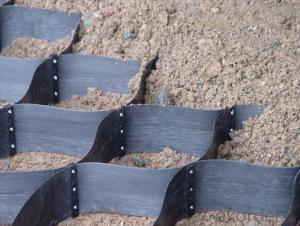All Categories
- - Steel Wire Rod
- - Steel Coils
- - Steel Profiles
- - Steel Pipes
- - Stainless Steel
- - Tinplate
- - Special Steel
- - Steel Sheets
- - Steel Rebars
- - Steel Strips
- - Hot Rolled Steel
- - Cold Rolled Steel
- - Pre-painted Steel
- - Seamless Steel Pipe
- - Welded Steel Pipe
- - Hollow Steel Tubes
- - Galvanized Pipe
- - Stainless Steel Coil
- - Stainless Steel Sheet
- - Stainless Steel Plate
- - Stainless Steel Strips
- - Electrolytic Tinplate Coil
- - Electrolytic Tinplate Sheet
- - Stainless Steel Rebars
- - Solar Panels
- - Solar Water Heater
- - Solar Related Products
- - Solar Inverter
- - Solar Cells
- - Solar Light
- - Solar Energy Systems
- - Solar Controllers
- - Solar Mounting System
- - Solar Pump
- - Solar Chargers
- - Fiberglass Chopped Strand
- - Fiberglass Mesh Cloth
- - Composite Pipes
- - FRP Pultrusion Profiles
- - Fiberglass Mat Tissue
- - Fiberglass Fabrics
- - Fiberglass Mesh
- - Composite Tank
- - Fiberglass Mesh tape
- - Polymer
- - FRP Roofing Panel
- - Fiberglass Roving
- - Monolithic Refractories
- - Ceramic Fiber Products
- - Refractory Bricks
- - Raw Materials For Refractory
- - Suspended Platform
- - Cranes
- - Concrete Machinery
- - Earthmoving Machinery
- - Building Hoist
- - Road Building Machinery
- - Plastic Pipe Fittings
- - Plastic Tubes
- - Plastic Sheets
- - Agricultural Plastic Products
- - Plastic Nets
 All Categories
All Categories
Q & A
What is the maximum slope angle that geocells can handle?
The maximum slope angle that geocells can handle can vary depending on the specific design and material used. Generally, geocells can handle slope angles ranging from 30 to 45 degrees. However, it is important to consult with a geocell manufacturer or engineer to determine the specific capabilities and limitations of the geocell system being considered for a particular slope angle.
Can geocells be used in construction of helipads?
Yes, geocells can be used in the construction of helipads. Geocells are cellular confinement systems made of high-density polyethylene that can be filled with various materials like sand, gravel, or soil. These cells provide structural stability, erosion control, and load support, making them suitable for helipad construction. Geocells help distribute the load, prevent soil erosion, and enhance the overall strength and durability of the helipad surface, ensuring a safe and stable landing area for helicopters.
Can geocells be used in different types of soil?
Yes, geocells can be used in different types of soil. Geocells are versatile and can be used in various soil conditions such as sandy, clayey, or rocky soils. The open-cell structure of geocells provides stability, reinforcement, and confinement to the soil, making them suitable for a wide range of soil types.
Can geocells be used in ecological restoration projects?
Yes, geocells can be used in ecological restoration projects. Geocells are a versatile and sustainable solution that can help stabilize soil, prevent erosion, and promote vegetation growth. They are often used in areas where land degradation has occurred, such as mining sites or construction projects, to restore and rehabilitate the ecosystem. The interconnected cells of the geocell system provide structural support for soil, allowing for the establishment of plants and the restoration of natural habitats. Additionally, geocells can be filled with organic materials or native soil, creating a more conducive environment for plant growth and enhancing the ecological restoration process.
What are the different types of geocells?
There are several different types of geocells, including honeycomb geocells, strip geocells, and cellular confinement systems.
Wholesale Geocells from supplier in Tonga
With our expertise and resources, we ensure that our Geocells are of the highest quality and meet international standards. Our sales team is knowledgeable and experienced, providing excellent customer service and assistance throughout the procurement process.
We offer competitive prices and flexible payment terms to accommodate your budget and requirements. Our quotations are detailed and transparent, ensuring that you have a clear understanding of the costs involved.
In addition to sales, we also provide comprehensive technical support. Our team of engineers is available to assist with any questions or concerns you may have regarding the installation and use of Geocells. We can provide guidance on the appropriate product selection for your specific project and offer recommendations on installation techniques to optimize performance.
As a subsidiary of CNBM, a Fortune Global 500 company, we have access to a vast network of resources and expertise. This allows us to stay updated with the latest advancements in Geocells technology and provide innovative solutions to meet your project requirements.
We have a proven track record in supplying Geocells in Tonga, with numerous successful projects completed. Our extensive project experience enables us to understand the unique challenges and requirements of the Tongan market, ensuring that we can provide tailored solutions to meet your specific needs.
Choose us as your Geocells supplier in Tonga, and you can be confident in receiving top-quality products, excellent customer service, and reliable technical support. Contact us today to discuss your Geocells procurement needs and let us assist you in achieving your project goals.
We offer competitive prices and flexible payment terms to accommodate your budget and requirements. Our quotations are detailed and transparent, ensuring that you have a clear understanding of the costs involved.
In addition to sales, we also provide comprehensive technical support. Our team of engineers is available to assist with any questions or concerns you may have regarding the installation and use of Geocells. We can provide guidance on the appropriate product selection for your specific project and offer recommendations on installation techniques to optimize performance.
As a subsidiary of CNBM, a Fortune Global 500 company, we have access to a vast network of resources and expertise. This allows us to stay updated with the latest advancements in Geocells technology and provide innovative solutions to meet your project requirements.
We have a proven track record in supplying Geocells in Tonga, with numerous successful projects completed. Our extensive project experience enables us to understand the unique challenges and requirements of the Tongan market, ensuring that we can provide tailored solutions to meet your specific needs.
Choose us as your Geocells supplier in Tonga, and you can be confident in receiving top-quality products, excellent customer service, and reliable technical support. Contact us today to discuss your Geocells procurement needs and let us assist you in achieving your project goals.
